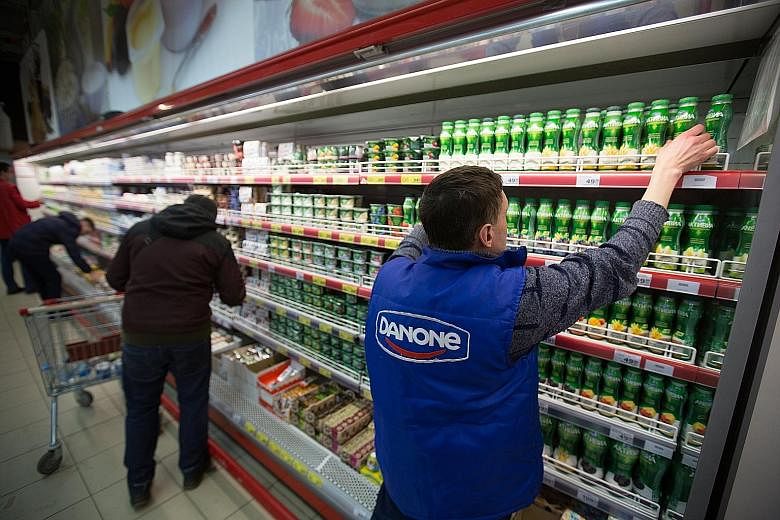In February 2016, Mr Emmanuel Faber, chief executive of French multinational food company Danone, put a radical proposal to its senior US executives at a meeting in White Plains, New York.
Against the grain of agricultural production in the United States, where the vast majority is genetically modified, he proposed shifting about half of Danone's products - representing some US$1 billion (S$1.4 billion) of yogurt sales - to non-GMO (non-genetically modified organism) ingredients. He argued that this was an important change that would improve soil health and biodiversity.
Already a subscriber? Log in
Read the full story and more at $9.90/month
Get exclusive reports and insights with more than 500 subscriber-only articles every month
ST One Digital
$9.90/month
No contract
ST app access on 1 mobile device
Unlock these benefits
All subscriber-only content on ST app and straitstimes.com
Easy access any time via ST app on 1 mobile device
E-paper with 2-week archive so you won't miss out on content that matters to you

